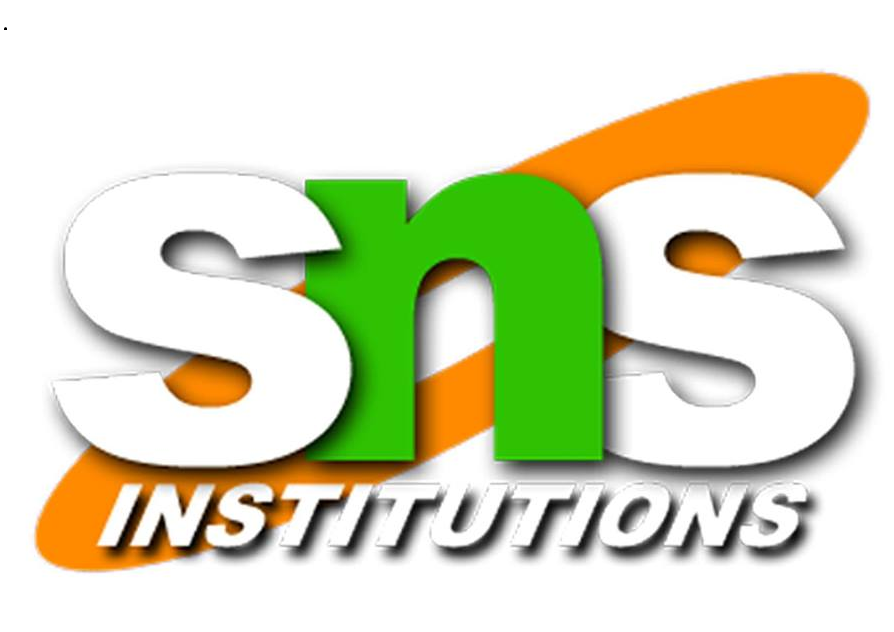
Language Across the Curriculum, meaning, concept goals, aims, needs and importance of Plurilinguelism. - Modes of human activities involving language -Language Objectives: relationship between language and thinking – development of conceptual literacy – Basic tenets of language across the curriculum. - principles of language across the curriculum – integration across the curriculum: personal and pedagogical integration.
Language: meaning, concept, definitions, aims, objectives functions and importance – proficiency of home language and school language - Strategies for Enhancing Language proficiency: drama, essay, story telling, group discussion, peer tutoring - nature of expository texts Vs. narrative texts - transactional Vs. reflexive texts. reading comprehension skills, language skills and literacy skills - linguistic education: academic language and social language, CALP skills, BICS skills, conceptual literacy.
Integrated Curriculum types,meaning, key features, objectives types of integration – levels of curriculum integration – Models of curriculum integration: Multidisciplinary inter-disciplinary trans disciplinary and spiral curricula – Coyle’s 4C’s ofcurriculum. – Content and language integrated learning approach in the classroom - National Curriculum Framework (NCF-2005) - Recognition of mother tongue.
Plato’s problem theory of language – Cartesian theory of language production – Locke’s theory of tabula raja – Skinner’s imitation theory of language acquisition – Chomsky’s universal grammar theory – Schumann’s cultural theory – Kraghen’s monitor theory – Piaget’s views on language learning – Vygotsky’s cultural tools for language learning.
Bilingualism - Multilingualism - Challenges of teaching language in multicultural classroom.Linguistic interdependence and the educational development of bilingual and multi-lingual children - Nature of reading comprehension in the content areas - Developing writing skills in specific content areas. - Strategies for developing oral language for promoting learning across the subject areas - Reading in the content areas – social sciences, science and mathematics.
Reference Book:
Dr.M.Nalini Latha & Mrs.M.Kalaivani Karthi
Text Book:
Prof.K.Aslam
